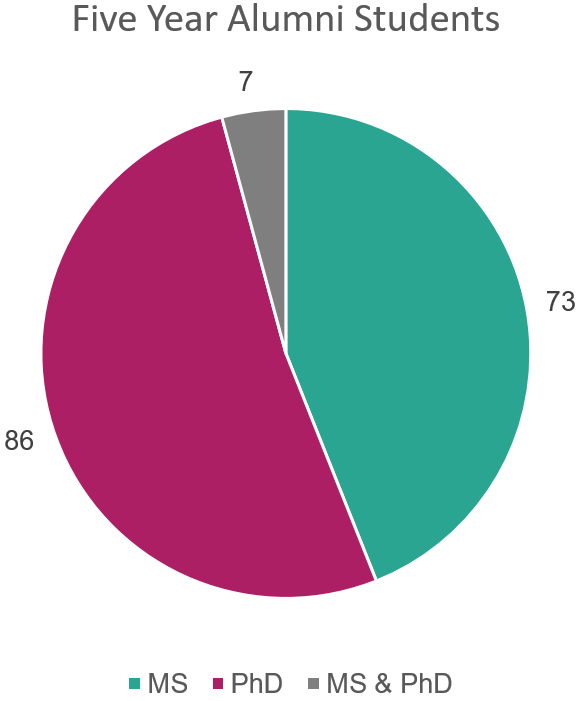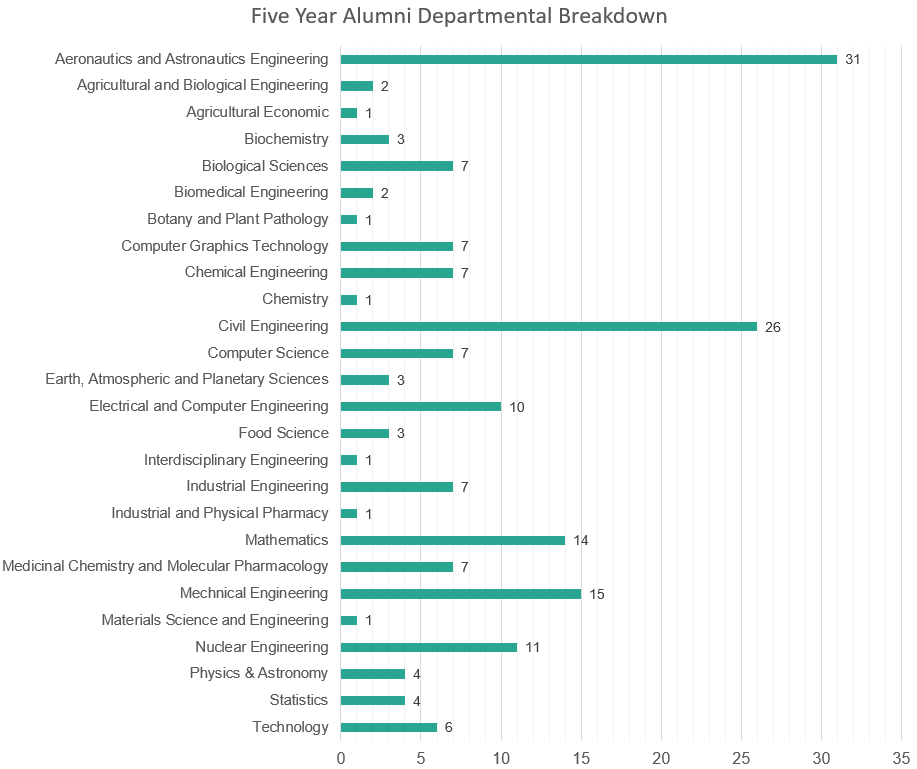Overview

Computational Interdisciplinary Graduate Program (CIGP) offers specializations in Computational Science and Engineering (CSE) and Computational Life Sciences (CLS) for graduate students in participating departments across the Colleges of Agriculture, Engineering, Health and Human Sciences, Pharmacy, Science, and Technology. CIGP is not a degree-granting department; rather, it is a concentration that you may earn on your final transcript upon graduation.
Both specializations' curricula have been designed to provide a broad and interdisciplinary program of the study with a maximum possible flexibility. Students have the freedom to tailor the program to their individual interests through exploration of several areas of specialization.
CSE has two main focus areas: Core and Relevant Courses. Core Courses are further seperated into six Core Groups: Introduction to CSE, Computational Mathematics, High Performance Computing, Intelligent Computing, Scientific Visualization, and Computational Optimization. These Core Groups are designed to provide a primary focus on various levels of computing, computer programming, algorithms, and parallel computing. CLS focuses on three areas: Core Life Science, Core Computing, and Relevant Courses. Core courses are designed to provide primary focus on various levels of quantitative modeling, algorithms and software, analysis and data acquisition. In both programs, the Relevant Courses are selected in conjunction with the faculty from affiliated graduate programs, allowing students the flexibility to take coursework specifically relevant to their research.
In addition, both CSE and CLS come together for a CIGP seminar course where students have an opportunity to hear new ideas and share interests in computational research. Any graduate student seeking an MS or PhD from one of our partnered academic departments may apply to CIGP. Over the past five years, 2018-2023, there have been 115 PhD students, 88 MS students, and 9 combined MS/PhD students from a variety of departments.


